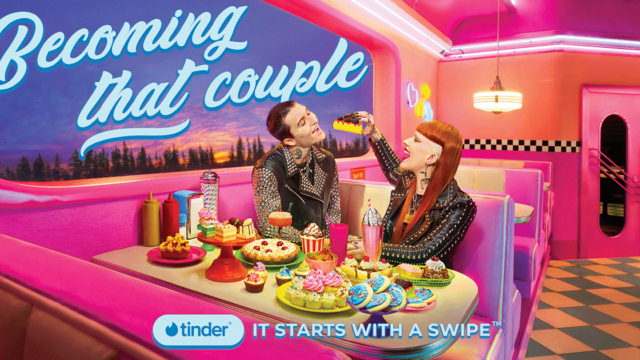A Gen Z Marketer’s Playbook for Engaging Advertising
The evolution of digital marketing isn’t slowing down—and neither should you. Connect with a community of brand pros and content creators at Social Media Week to learn how to keep pace with the trends, challenges and technology. Register now to save 35%.
Gen Z consumers are notoriously ad-averse, with 99% hitting “skip” on ads and 63% using ad blockers to avoid advertising. So how can brands grab their attention in 2024?
As a Gen Zer who works in advertising, I want to share insights into how we view ads. It’s not as simple as Gen Z being turned off by ads. We’ve just lost interest due to the lack of innovation around how we see ads today. Marketers need to evolve their strategies, frameworks and creativity to keep up with a constantly changing generation.
Turn-off signals in ad copy are disruptive
Brands often sell intangible assets through advertising. Gen Z consumers want to know what tangible things you are selling and why they should choose your product over other brands.
We as marketers have created this world of advertising that only we understand, but our work is created for people outside our bubble. There is a disconnect between marketing and audiences.
When the ad starts with “You should buy this!” or “Are you looking for the next…,” these are immediate turn-off signals: phrases used in ads that tell the viewer this is an interruption and should be skipped. Evolving the way marketing speaks to audiences is key.
Some of the best ads don’t have monologues and instead grab attention with visual creativity, while keeping the product or service the focus. Say goodbye to persuasive monologues and hello to innovative ways to communicate.
Customer experiences are key for brand credibility
It’s hard to trust corporations, knowing that their main objective is to generate revenue. Gen Zers tend to believe an ad based on what their peers say about it.
Three words come to mind when deciding what products to buy: convenience, culture and cost. Is the product convenient? Is it going to give social capital? Is it affordable?
Often what secures the purchase is seeing what others are saying about it. Brands have an opportunity to leverage this tendency by building a strong community that advocates on their behalf.
Gen Z communities are eager to know about the latest products, discovering them through viral videos that pique interest and invite participation. Gen Z is curious to know if the product works but is also excited to participate in something that their peers are doing on social media.
These two things often lead to proving that the product works in the eyes of Gen Z. Because that viral video has generated thousands and sometimes millions of customer-experience stories, that validates the product’s credibility and increases trust and potential to purchase.
Brand values matter as much as the product
When building loyalty, practice your brand’s purpose consistently. Be more than your products. Advertise who you are just as much as what you sell. The brand’s character is more than the logo, color scheme or catchy slogan.
Culture is the most relevant topic on Gen Z’s mind, so if you’re trying to get our attention, being present in culture is a great way to start. Some brands strategize staying relevant by following social trends, but there is an opportunity for brands to do more and be more in culture.
In 1995, Nike created the “If You Let Me Play” ad as a part of the “Just Do It” campaign targeting sexism in sports. In the ad, Nike addressed the benefits of women being accepted in organized sports in a culture where organizations thought otherwise. In this example, Nike leaned more into its brand purpose to address a major issue of the late ’90s. The “Just Do It” campaign became one of its most memorable to date.
How does a brand reflect its values in the marketing space? By marketing them. Brands can become more visible to Gen Z if they spend more time in culture expressing their values. Culture is a great way a brand can gain social capital that it can use to become a leader.
Great creative is remembered
Creativity is key. Most brands don’t have a memorable creative style. Gen Z wants to experience brands through campaigns. This can be captured in a specific videographic style that is consistently used, such as all ads in a campaign having a futuristic setting. These are exciting ideas that Gen Z would remember and look forward to.
When people encounter your brand, it should not feel the same compared to competitors. Apple and Samsung both make smartphones, but their creative marketing approach couldn’t be more different. Brands can operate more as architects, building brand experiences that are unique and differentiating for Gen Z through advertising.
Brands can learn a lot from Gen Z’s favorite artists, TV shows and fashions, which are constantly evolving and creating unique experiences that connect us. Marketing can do the same.
https://www.adweek.com/brand-marketing/gen-z-marketer-playbook-engaging-advertising/

